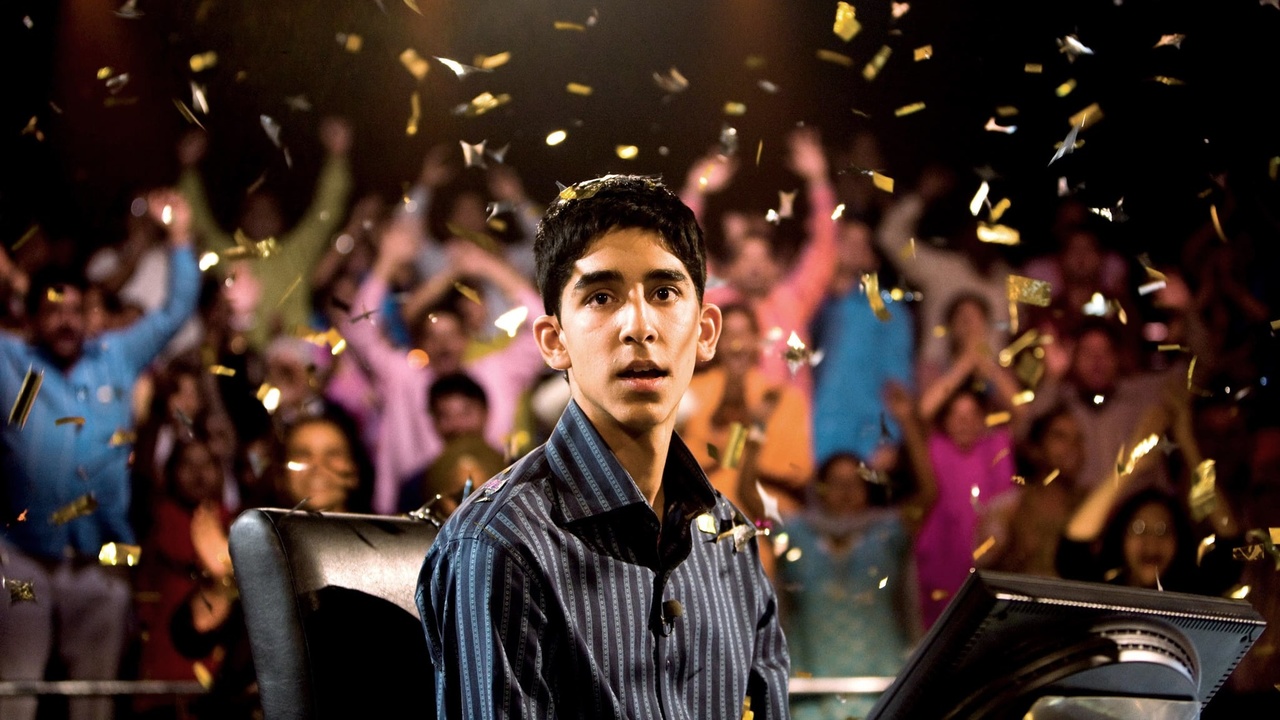Nearly half of the world still lives on less than USD 5.50 (EGP 169) per day. This piece of information alone usually never crosses our mind as we order our overpriced iced lattes or boxes of sushi, but why has it become so easy to ignore the conditions of others? One possible explanation is that our entire living reality is full of two-dimensional interactions. Whether it’s buying coffee, food, accessories, or any other luxuries, the purpose of the interaction is the transfer of funds from one human to another. A simple swipe of your credit card, or on your phone, and they’re paid. The interaction between the buyer and the seller ends right at that moment. We don’t take a moment to look at the underbelly of the economy where poverty lies: the informal economy where workers are severely underpaid and unprotected. The only reminder we get of that underworld is through 60 second advertisements by global non-profit organizations and governments, and sometimes — but too rarely — through raw films or stories. Slumdog millionaire: the story Vikas Swarup is a retired Indian diplomat and writer who gave us snapshots…



